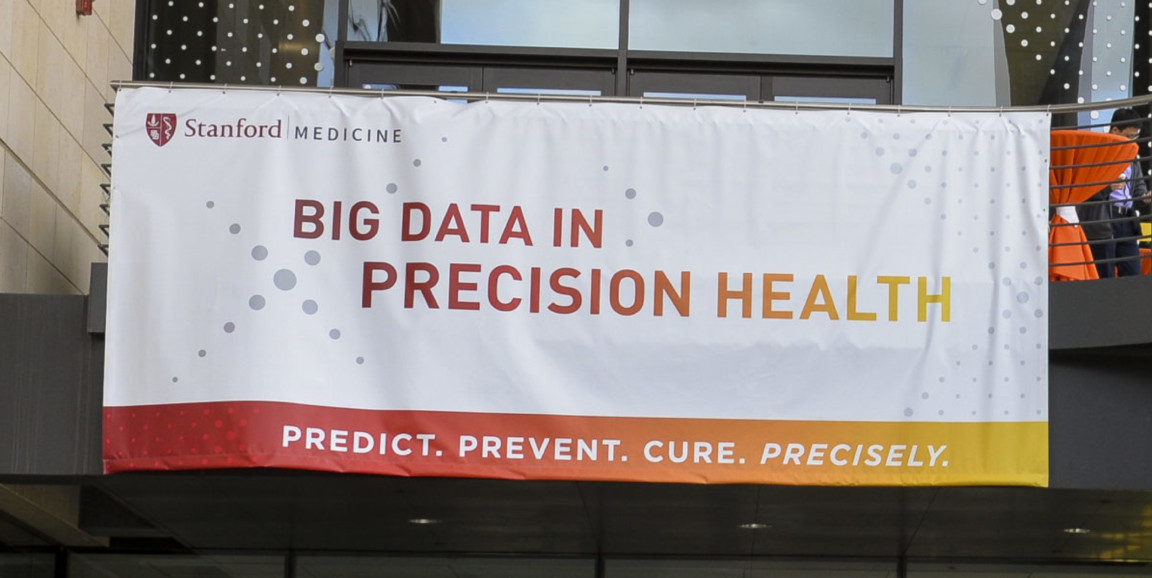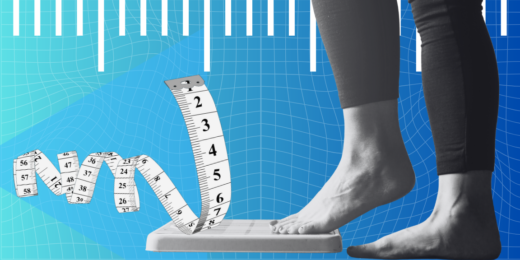Eleven minutes into the interview, Matthew Lungren, MD, gets the question he's come to expect about his specialty: Should radiologists be concerned that artificial intelligence will take their jobs?
A radiologist and associate director of the Stanford Center for Artificial Intelligence in Medicine and Imaging, Lungren is among nine attendees and speakers at Stanford Medicine's recent Big Data in Precision Health conference featured in video conversations about their work. In the short interviews, they elaborate on efforts at organizations ranging from the health care tech company SimplyVital Health to the nonprofit Phelan-McDermid Syndrome Foundation.
Stanford Medicine is well represented. Surgery professor Carla Pugh, MD, PhD, discusses using sensor-enabled simulators to collect data on clinical procedural skills. Research scientist Alison Callahan, PhD, outlines the new clinical informatics consult service, which allows physicians to access an electronic health record data warehouse to inform their medical care decisions. And Lungren describes the work of the new AIMI center, which connects computer scientists and clinicians for medical artificial intelligence projects.
"We believe we're in the best position in the world, with an amazing computer science and world-class medical institution together, to really move this science forward fast," he says.
Lungren goes on to discuss an algorithm that can determine a child's skeletal age from an X-ray image of their hand, and to talk passionately about finding ways to get medical imaging expertise to countries where it's scarce.
And about those radiology jobs potentially being taken over by technology? Lungren offers a thoughtful answer:
We have tried to not focus as much on our own specialty, as we have tried to focus on how we can help the patients that we're serving. Because if it means that someone can come to the emergency room in a rural part of the country or the world, and receive the proper treatment, and not have to wait for a radiologist, find a radiologist or potentially be misdiagnosed, then it changes for me the stakes. It makes that a more important goal than to fret and worry about who's going to regulate, who's going to control, how am I going to get reimbursed, is my job safe.
Photo by Rod Searcey




